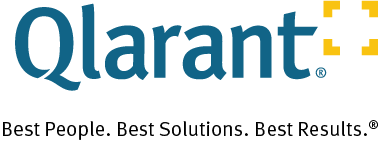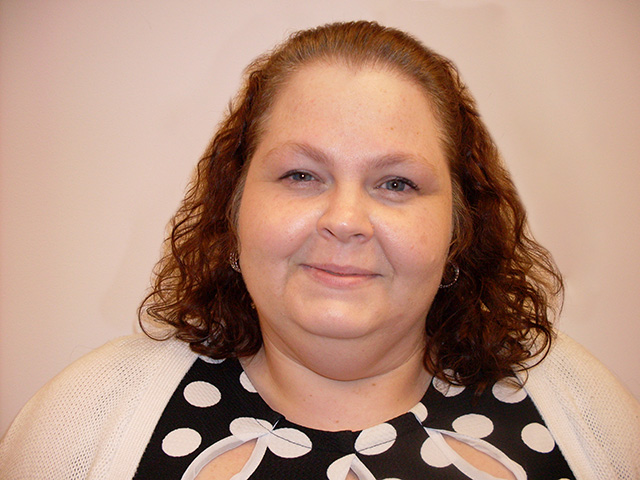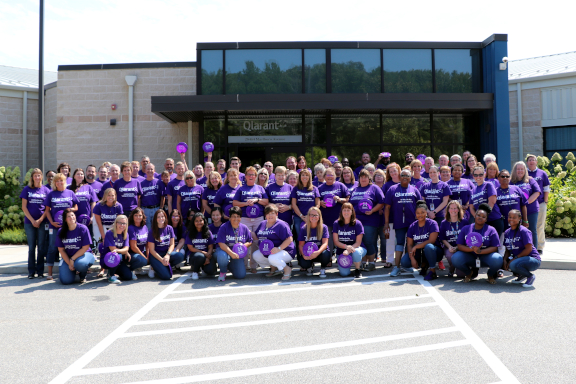Intellectual and Developmental Disabilities: The Focus for the Future

Supporting people with intellectual and developmental disabilities (“IDDs”) has changed significantly over the last few decades. Prior to the 1980’s, institutionalization was often the only alternative that families had when supporting a loved one diagnosed with an intellectual/developmental disability; however in 2023, that is no longer the case. Long gone are the days where people with IDDs are found living in stale, dreary cinder block buildings, isolated from the public with little to no access to the community.
A brief bit of history
The Olmstead vs L.C. Supreme Court (1999) decision was the catalyst to many of the changes we have seen within the field of intellectual disabilities, followed by the Home and Community Based Services (HCBS) Settings Rule. The Olmstead decision specified that people with disabilities were to have the right to receive state-funded supports and services in the community rather than in institutions, and that the following three requirements must be met:
- The person’s treatment professionals would determine which community supports are appropriate
- The person does not object to living in the community
- The provision of services in the community would be a reasonable accommodation when balanced with other similarly situated individuals with disabilities
According to the Olmstead Rights website, the Olmstead decision had much to do with the closures of state institutions that provided care to people with IDDs all across the country. There are still some state institutions open, however, the vast majority have closed and many of the people that resided in the institutions have transitioned into community settings. With the closure of state institutions, new living environments such as host homes and community living arrangements became a rising trend.

The HCBS Settings Rule of 2014, which was issued by the Centers for Medicaid and Medicare Services (CMS), ensures that people who receive services and supports through Medicaid’s HCBS programs have full access to the benefits of community living and are able to receive services in the most integrated setting. The rule also requires a person-centered planning process, meaning the person receiving Medicaid waiver services directs their own planning process. As part of this process, a plan is developed to include goals created by the person receiving waiver services and includes preferences, something that was never required by CMS before the 2014 Settings Rule.
Where does Qlarant fit in?
Person-centered planning was instrumental in the transition to community based living and is still ongoing, something Qlarant supports wholeheartedly today. Qlarant plays a vital role in ensuring there is consistency in person-centered planning and service delivery in the states of GA and FL, as well as in the District of Columbia through our person and provider quality reviews. These reviews, completed by a team of assessors, support providers’ ongoing efforts to deliver quality person-centered services to people receiving HCBS waiver services. Additionally, the quality reviews conducted also ensure that service providers receiving Medicaid payment for service delivery are offering services that align with the HCBS Settings Rule, state-specific policies, and waiver standards.
As the field of caring for people with IDDs has changed and grown, we at Qlarant have grown with it. Our team of subject matter experts in the field bring with them many years of experience and resources that are shared with service providers in the states they work in. Through our ongoing technical assistance provided during and after reviews, Qlarant’s Disability Solutions team strives to ensure quality services are delivered to people receiving the HCBS Medicaid waiver on an ongoing basis.
Qlarant strives to stay up-to-date with the most current trends in person-centered thinking. It not only helps us to grow as an organization, but also sends a message to providers we work with that the person is at the focus in everything we do. Everyone deserves to have a meaningful life and one that Qlarant supports now and in the years to come.







